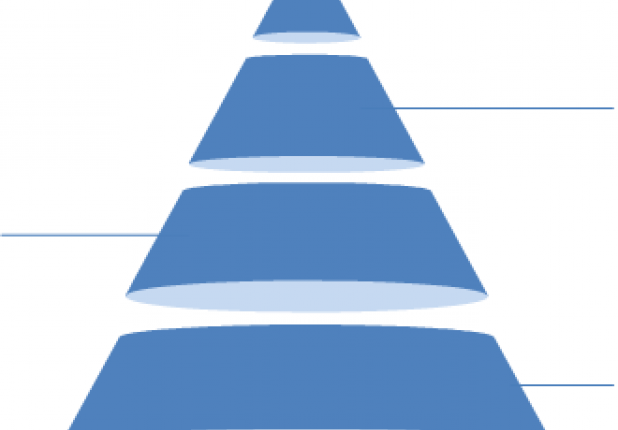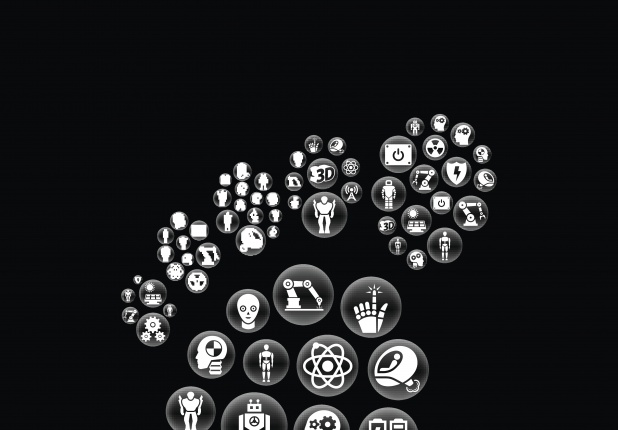Quarterly Spotlight On..... LitSmart Supervisor of E-Discovery Data Services, Dennis Lim
This Quarterly Spotlight focuses on Dennis Lim, LitSmart Supervisor of E-Discovery Data Services. Dennis and his family moved to the US from Myanmar (formerly known as Burma) in 1996 for better opportunities. At the age of 13 and speaking no English at the time, Dennis had to adapt to a new school and new environment. A desire to pay his parents back for all they have done for him, along with a love of computers, strong work ethic and ingenuity, have driven him to be successful. Dennis is also a connoisseur of electronic dance music and travels the world for the best festivals. Scott O'Neal was fortunate to learn more about what makes Dennis such a valuable team member and leader.









